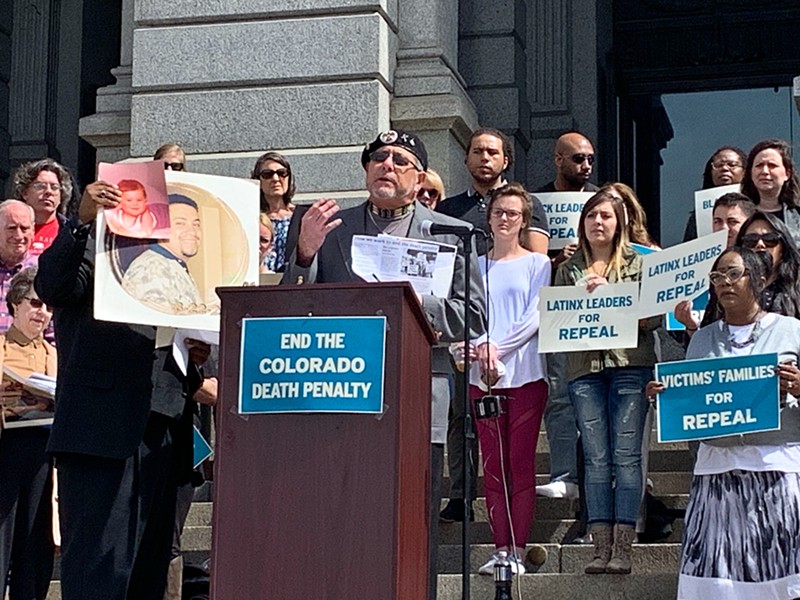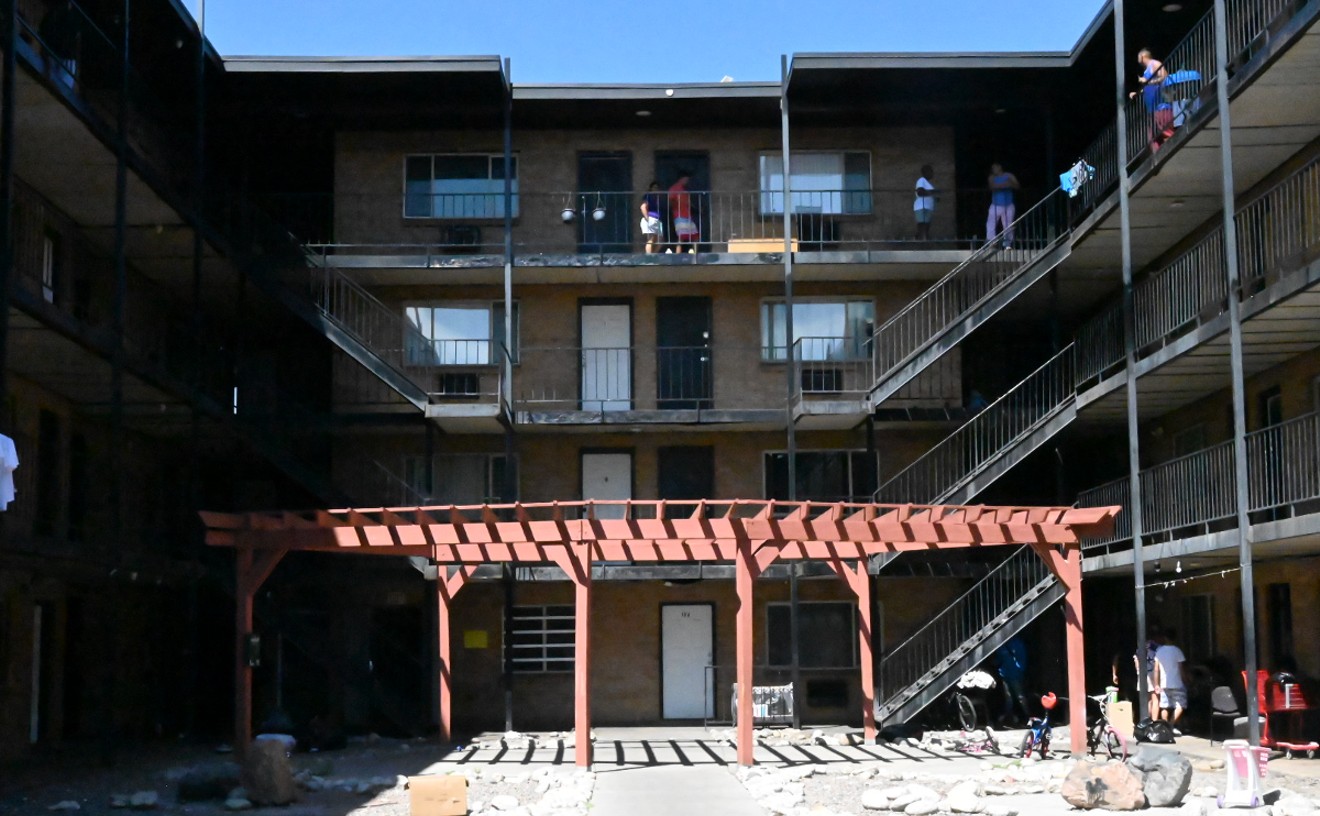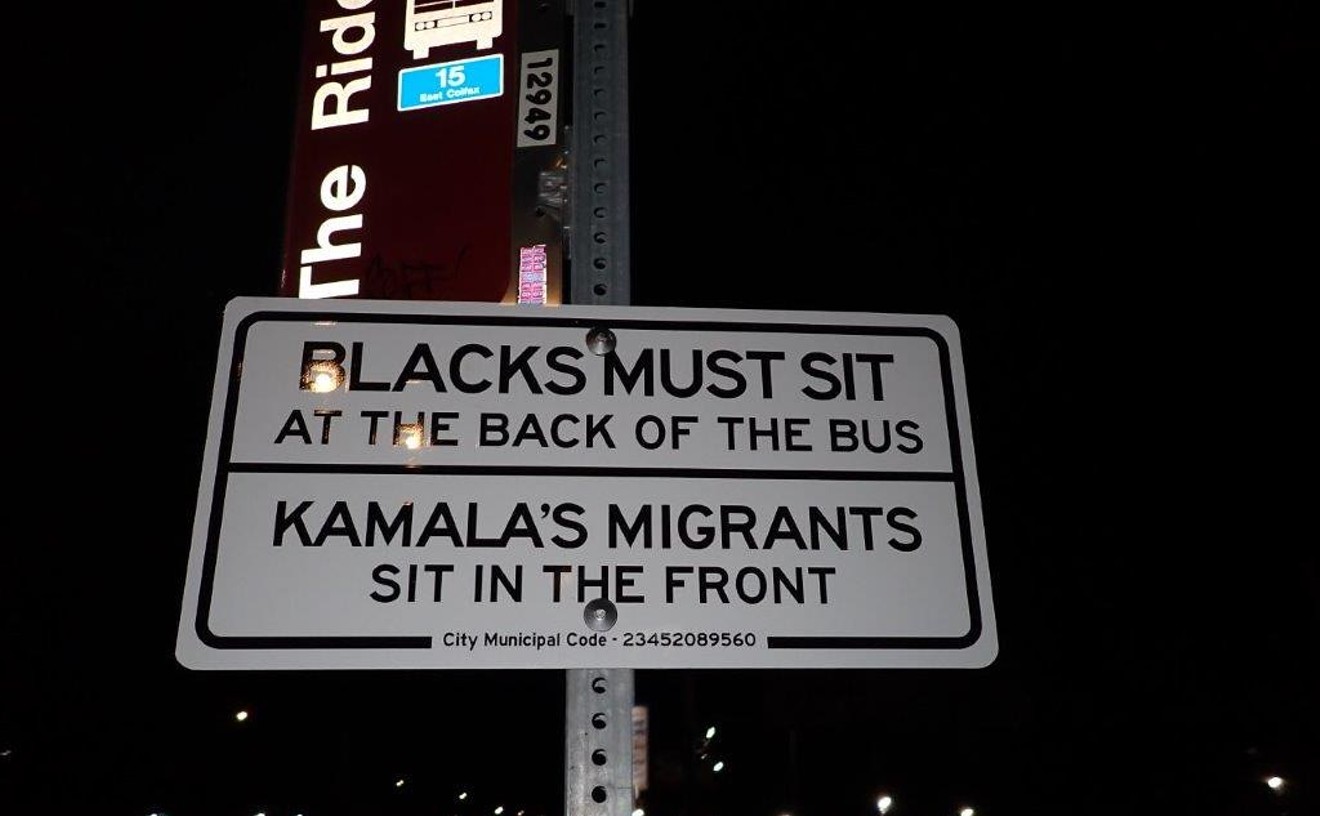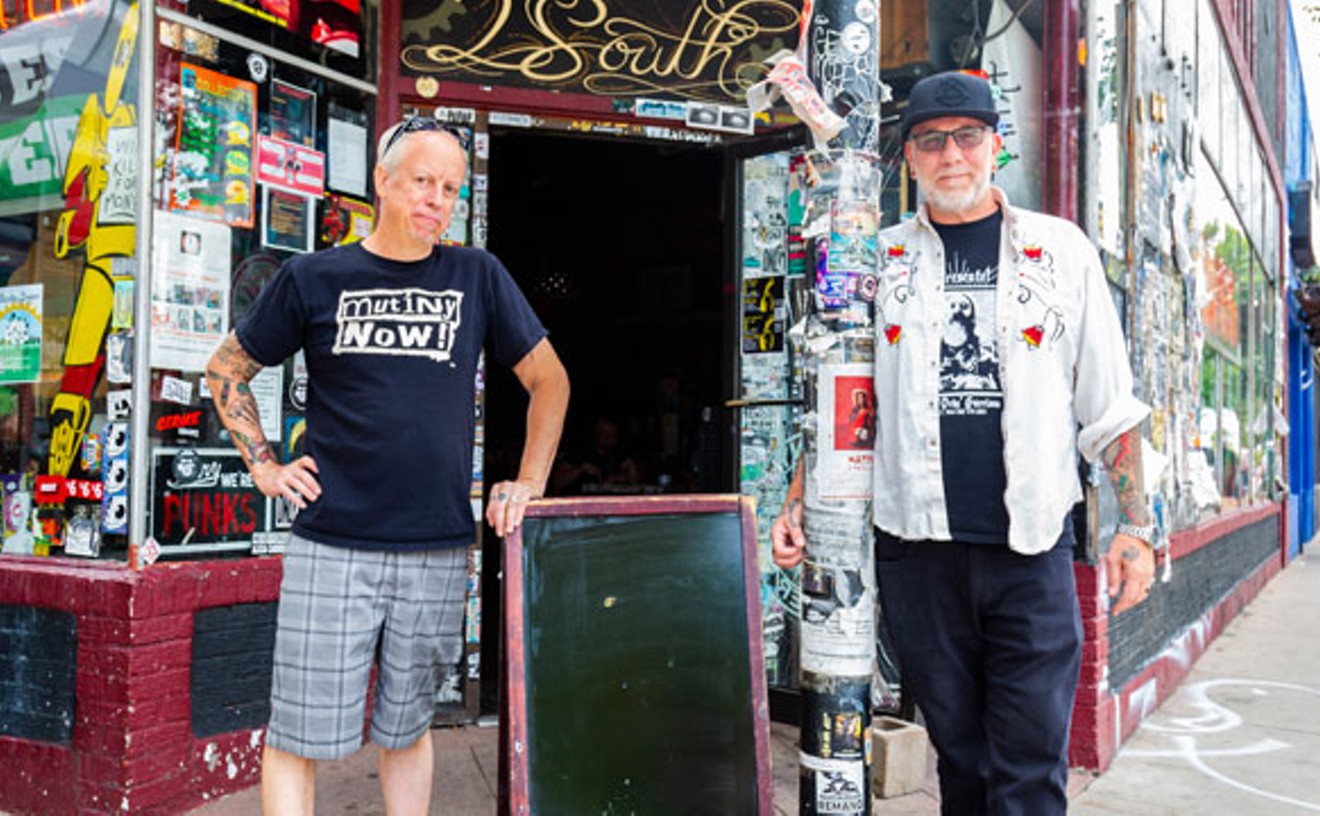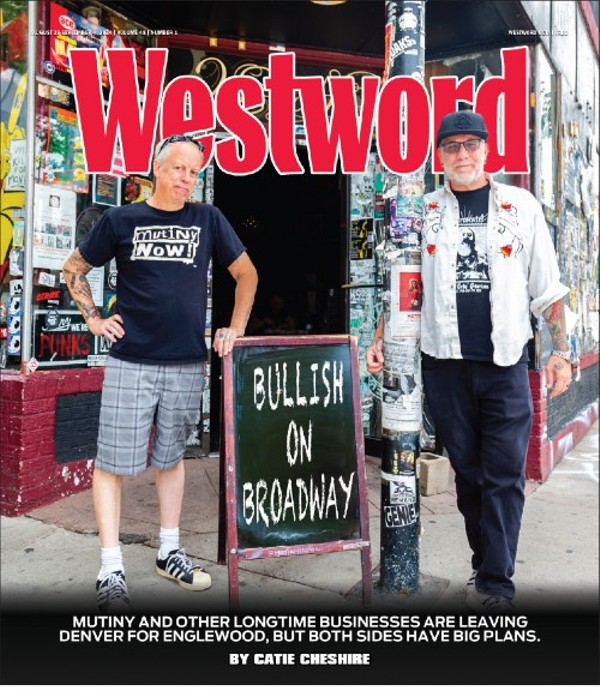Seven years ago, Mary Ricard was murdered while on the job as a corrections officer at the Arkansas Valley Correctional Facility in Ordway, located about an hour away from Pueblo. And Ricard's family members are still waiting for that horrific chapter of their lives to end.
"There’s still been no sentencing, and it’s only in the name of the death penalty that there’s been no sentencing," says Katie Benson Smith, Ricard's daughter.
Prosecutors are pursuing the death penalty for Miguel Alonso Contreras-Perez, the man who killed Ricard. But they may have to change course after the next legislative session, when lawmakers say they will reintroduce a bill that would repeal the death penalty in a state that's executed just one person in the past 52 years.
A similar proposal failed last session in large part because of Senator Rhonda Fields's criticism of the quick rollout of the bill and the unwillingness of some of her Democratic colleagues in the state Senate to commit to it. "I felt it was rushed. The rollout caught me by surprise. It was introduced one day, the press conference was the second day, and on the third day, there was a hearing," says Fields, whose son, Javad Marshall-Fields, and his fiancée, Vivian Wolfe, were murdered in 2005 by Sir Mario Owens and Robert Ray, just weeks before Marshall-Fields was going to testify against them. Both are now sitting on death row.
The ACLU of Colorado, a major backer of repealing the death penalty, will host a dozen community-outreach events between July and December to educate constituents about repeal. Half of the events will take place in districts of lawmakers that are connected to the bill in a significant way, like Fields, and some of the senators who stayed on the fence last session, like Jessie Danielson and Joann Ginal.
"That is in direct response to what some of the Senate members expressed, that there wasn’t enough time last session, that they didn’t know it was coming, that they felt ambushed," says Denise Maes, public policy director for the ACLU of Colorado.
Senator Julie Gonzales, one of the bill's main sponsors last session, praises this approach.
"We’re not trying to hide the ball from anyone, and we want to make sure that everyone in the community is crystal clear as to what this policy will and will not do," says Gonzales.
From a policy perspective, the bill is straightforward: It will remove the death penalty from a list of sentencing options for prosecutors in Colorado. Governor Jared Polis has already indicated that he would commute the sentences of the three men on death row to life imprisonment without the possibility of parole.
But repealing the death penalty would require lawmakers to navigate a web of perspectives on the issue, particularly from people who have firsthand experience with the death penalty.
“I think that’s a much better approach than the approach that was taken last time, because it gets more input,” says Fields. “My only hope is that they reach out to victims who have been harmed by crime on both sides, in reference to those who support the repeal effort and those who may not support the repeal.”
Tom Sullivan, a Democrat who decided to run for the state legislature after his son, Alex, was killed in the 2012 Aurora theater shooting, says lawmakers engaged with him last session about the bill. But he notes that Senator Angela Williams, who co-sponsored the bill with Gonzales in the Senate, never followed up on her suggestion that she and Sullivan talk about the issue. Williams did not respond to an interview request.
“I’m encouraged that they do actually want to start a conversation about it," says Sullivan. “That’s a difficult conversation for them to have with me. It’s one that they’d like to avoid at all costs."
But even with a more robust approach to community engagement, some repeal opponents say pushing a bill is the wrong approach.
“If you really want to know what the people of the state think, then let the people vote,” says Sullivan.
George Brauchler, the district attorney of the 18th judicial district who unsuccessfully sought the death penalty for Aurora theater shooter James Holmes, agrees. "The real reason they don’t want to go to the voters is they believe the voters will retain the death penalty."
A 2015 poll of Coloradans about the death penalty from Public Policy Polling, a Democratic polling firm commissioned by a pro-repeal Colorado group, found that residents were split on the issue. Forty-seven percent were in favor of keeping the death penalty, while 43 percent were in favor of repeal. Ten percent said they were undecided.
“When prosecutors such as George decide whether to seek the death penalty, they don’t put that to the vote of the people. That’s because they’re elected to make that decision, just as legislators are elected to make decisions," says Phil Cherner, who chairs the Coloradans for Alternatives to the Death Penalty board and has litigated death penalty cases for decades.
Benson Smith argues that the death-penalty question is best decided by legislators and not the general public.
"I’m not saying that the voters are uneducated, but the death penalty is a beast of its own. Seven years ago, before this affected me, I had absolutely no understanding of what the death penalty was," she says.

Audio By Carbonatix
[
{
"name": "Air - MediumRectangle - Inline Content - Mobile Display Size",
"component": "12017618",
"insertPoint": "2",
"requiredCountToDisplay": "2",
"watchElement": ".fdn-content-body",
"astAdList": [
{
"adType": "rectangle",
"displayTargets": "mobile"
}
]
},{
"name": "Editor Picks",
"component": "17242653",
"insertPoint": "4",
"requiredCountToDisplay": "1",
"watchElement": ".fdn-content-body",
"astAdList": [
{
"adType": "rectangle",
"displayTargets": "desktop|tablet"
},{
"adType": "rectangle",
"displayTargets": "desktop|tablet|mobile"
}
]
},{
"name": "Inline Links",
"component": "18838239",
"insertPoint": "8th",
"startingPoint": 8,
"requiredCountToDisplay": "7",
"maxInsertions": 25
},{
"name": "Air - MediumRectangle - Combo - Inline Content",
"component": "17261320",
"insertPoint": "8th",
"startingPoint": 8,
"requiredCountToDisplay": "7",
"maxInsertions": 25,
"watchElement": ".fdn-content-body",
"astAdList": [
{
"adType": "rectangle",
"displayTargets": "desktop|tablet"
},{
"adType": "rectangle",
"displayTargets": "desktop|tablet|mobile"
}
]
},{
"name": "Inline Links",
"component": "18838239",
"insertPoint": "8th",
"startingPoint": 12,
"requiredCountToDisplay": "11",
"maxInsertions": 25
},{
"name": "Air - Leaderboard Tower - Combo - Inline Content",
"component": "17261321",
"insertPoint": "8th",
"startingPoint": 12,
"requiredCountToDisplay": "11",
"maxInsertions": 25,
"watchElement": ".fdn-content-body",
"astAdList": [
{
"adType": "leaderboardInlineContent",
"displayTargets": "desktop|tablet"
},{
"adType": "tower",
"displayTargets": "mobile"
}
]
}
]

